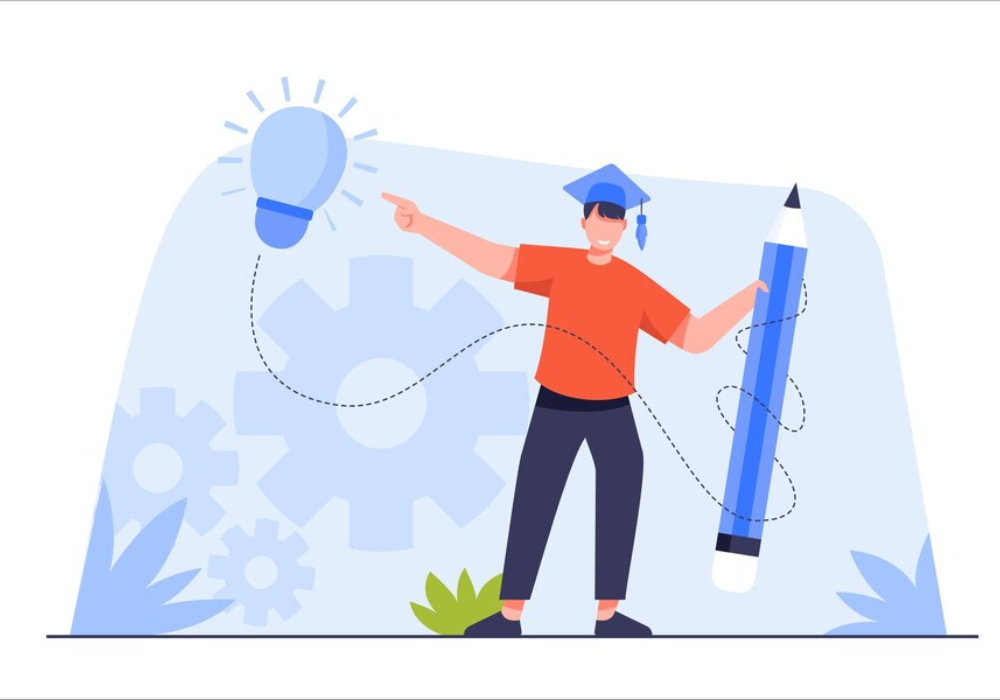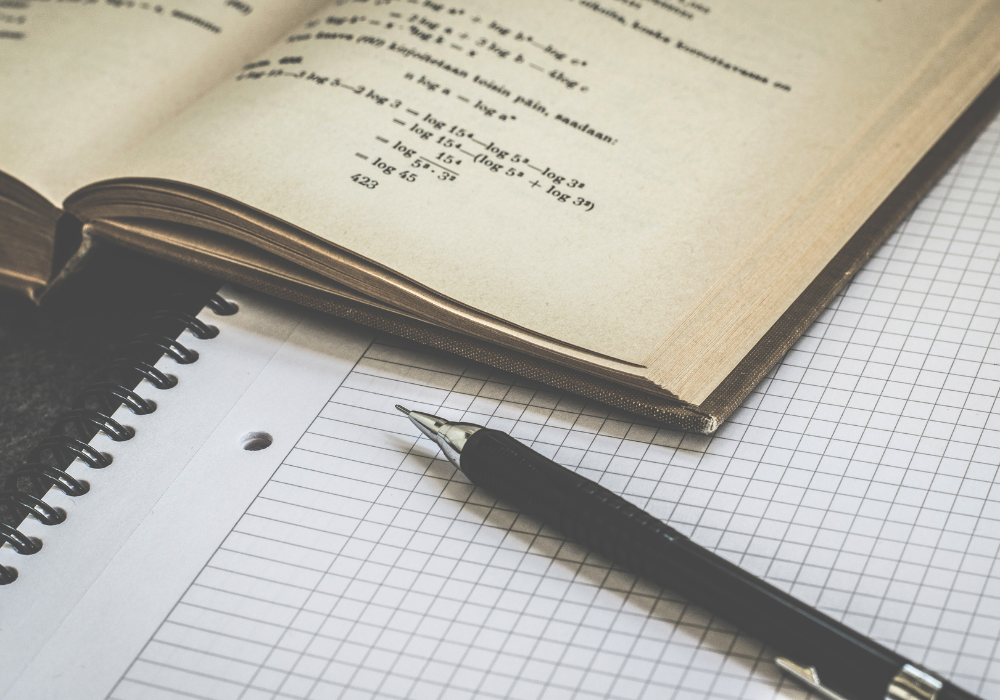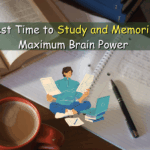Are you tired of studying long hours without seeing the desired results? Do you want to improve your grades and achieve academic success, especially if you’re attending one of the prestigious schools in Dehradun?
Look no further! In this comprehensive guide, we’ll explore the most effective ways to study, providing you with strategies and insights to help you reach your full potential.
What Are Effective Study Techniques?

Effective study techniques are methods and strategies designed to help students learn and retain information more efficiently. These techniques cater to various learning styles and can be applied across different subjects to ensure that students achieve their academic goals. By implementing these techniques, you can maximize your study time and improve your overall performance.
Benefits of Effective Study Techniques
Improved Grades: One of the primary benefits of effective study techniques is the potential for improved grades. By using strategies that enhance comprehension and retention, students can achieve better results on tests and assignments.
Reduced Stress: Efficient studying reduces stress and anxiety related to exams and deadlines. When you study effectively, you feel more prepared and confident, which helps alleviate the pressure of academic challenges.
Increased Confidence: Mastering effective study techniques boosts students’ confidence. With a solid understanding of the material and improved performance, students are likely to experience a more positive learning experience and greater self-assurance.
Effective Ways to Study

1. Active Learning
Active learning is a technique that involves engaging with the material you’re studying rather than just passively reading or listening. This method helps you deepen your understanding and retention of the subject matter. Here are some ways to incorporate active learning into your study routine:
- Summarize Notes: After reading a section of your textbook or attending a lecture, summarize the main points in your own words. This practice helps reinforce your understanding and ensures that you grasp the key concepts.
- Create Concept Maps: Visualize the relationships between different ideas by creating concept maps. This technique allows you to see how various pieces of information connect and helps in organizing complex topics.
- Make Flashcards: Use flashcards to review key terms, definitions, and concepts. The process of creating and using flashcards enhances memory recall and provides a quick way to test your knowledge.
2. Spaced Repetition
Spaced repetition is a technique that involves reviewing material at increasingly longer intervals. This method helps solidify information in your long-term memory and improves retention. To use spaced repetition effectively:
- Plan Review Sessions: Schedule review sessions for the material you have studied. Start with shorter intervals and gradually increase the time between reviews. For example, review a topic after one day, then after three days, and then after a week.
- Use Spaced Repetition Software: Consider using apps or software designed for spaced repetition, such as Anki or Quizlet. These tools can help you manage your review schedule and track your progress.
3. Chunking
Chunking is the process of breaking down complex information into smaller, manageable chunks. This technique makes it easier to understand and retain large amounts of information. Here’s how to use chunking effectively:
- Organize Information: Divide the material into smaller sections based on themes or topics. Focus on mastering each chunk before moving on to the next.
- Group Related Concepts: Group related concepts or facts together to create a cohesive understanding of the subject. This method helps you see the bigger picture and connect different pieces of information.
4. Mnemonics
Mnemonics are memory aids that help you associate new information with something familiar, making it easier to remember. There are several types of mnemonics you can use:
- Acronyms: Create acronyms using the first letters of a list of items or concepts. For example, to remember the order of the planets, use the acronym “My Very Educated Mother Just Served Us Noodles” (Mercury, Venus, Earth, Mars, Jupiter, Saturn, Uranus, Neptune).
- Visualization: Associate new information with vivid mental images. For instance, to remember a historical event, visualize the key elements, and create a story around them.
- Rhymes and Songs: Use rhymes or songs to remember facts or lists. Creating a catchy tune or rhyme can make memorization more enjoyable and effective.
5. Self-Testing
Self-testing involves assessing your knowledge of the material by testing yourself. This technique helps identify areas where you need to focus your efforts and reinforces learning. To use self-testing effectively:
- Create Practice Questions: Develop practice questions based on the material you’ve studied. Use these questions to test your understanding and identify gaps in your knowledge.
- Take Practice Exams: Simulate exam conditions by taking practice tests. This approach helps you become familiar with the format and timing of the actual exam.
- Review Incorrect Answers: Analyze your mistakes and review the correct answers to understand where you went wrong. This process helps you learn from your errors and improve your performance.
Conclusion
Effective study techniques are essential for achieving academic success. By incorporating strategies such as active learning, spaced repetition, chunking, mnemonics, and self-testing into your study routine, you can enhance your comprehension, retention, and overall performance. Additionally, creating a study schedule, using different environments, taking breaks, getting enough sleep, and staying organized will further support your academic goals.
Remember, effective studying is not about working harder but working smarter. By applying these techniques and finding what works best for you, you’ll be well on your way to improving your grades, reducing stress, and increasing your confidence. Stay consistent, be patient with yourself, and embrace the journey of learning.










